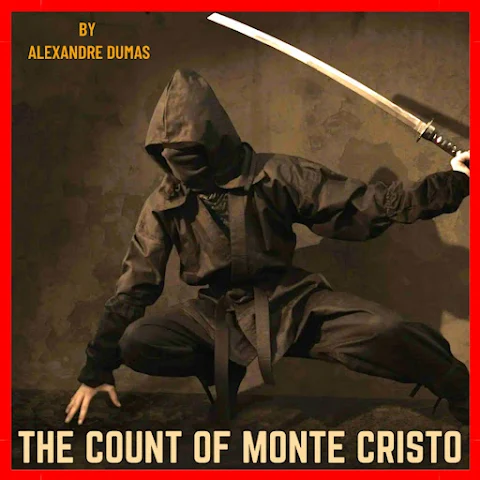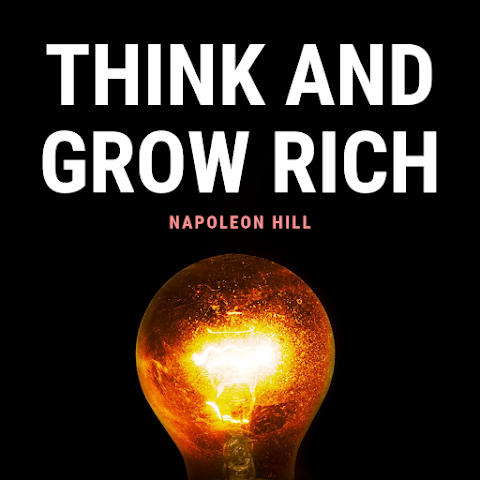The Architect of Edmund's Downfall
While Fernand was driven by jealousy and Villefort by fear, Danglars was motivated by pure calculation. He's the mastermind behind the conspiracy, the one who wrote the denunciation letter. Yet his motivation wasn't personal hatred - it was professional jealousy mixed with opportunistic greed.
From Ship's Purser to Banking Baron
Danglars' transformation is perhaps the most "successful" of the three villains. He rises from a simple ship's purser to become Baron Danglars, one of Paris's most powerful bankers. But his success is built on a foundation of betrayal and corruption.
The Original Danglars:
- Position: Ship's purser on the Pharaon
- Personality: Jealous, calculating, ambitious
- Skills: Good with numbers, manipulative
- Weakness: Insatiable greed
- Relationships: Envious of Edmund's promotion
The Conspiracy: A Mathematician's Crime
What makes Danglars especially despicable is how coldly he orchestrates Edmund's downfall. He doesn't act in passion - he calculates every move like a ledger entry.
His Master Plan:
- Observation: Notices Edmund's political naivety
- Manipulation: Gets Fernand drunk at La Réserve
- The Letter: Writes the denunciation himself
- Deniability: Uses Fernand to deliver it
- Profit: Takes Edmund's position after arrest
The Rise to Power: Money as a Weapon
After destroying Edmund, Danglars doesn't rest. He uses his position to launch himself into the world of high finance, becoming one of the most powerful bankers in France.
His Financial Empire:
- Starting Capital: Embezzled from shipping
- Methods: Speculation, insider trading
- Connections: Bribes his way into society
- Title: Buys his baronetcy
- Reputation: Feared more than respected
The Loveless Marriage: A Business Transaction
Danglars' marriage perfectly reflects his character - it's purely transactional. He marries for money and status, and his wife despises him. Their relationship is a business partnership where both parties cheat.
The Danglars Household:
- Wife: Madame Danglars (née Herminie)
- Marriage: Mutual exploitation
- Affairs: Both have multiple lovers
- Daughter: Eugénie, who hates her father
- Home: Mansion that's more bank than home
Greed as Identity: The Banker's Soul
By the time the Count enters the picture, Danglars has become his greed. He doesn't just want money - he IS money. Every relationship, every decision, every thought is filtered through profit and loss.
His Daily Obsessions:
- Morning: Checking market prices
- Meetings: Calculating everyone's worth
- Family: Sees daughter as investment
- Friends: Only has business associates
- Dreams: Literally dreams of numbers
The Count's Revenge: Death by a Thousand Cuts
Monte Cristo's revenge on Danglars is brilliantly tailored. He doesn't physically harm him - he bleeds him dry financially, using Danglars' own greed against him.
The Financial Destruction:
- False Telegraph: Causes massive losses
- Bad Investments: Leads him to ruin
- Credit Destruction: Undermines his reputation
- Family Scandal: Daughter elopes, wife exposed
- Final Blow: Unlimited credit becomes trap
The Perfect Punishment: Starvation Amidst Wealth
Danglars' final punishment is poetic perfection. Captured by Luigi Vampa's bandits (on the Count's orders), he's forced to pay exorbitant prices for basic food until his fortune is gone.
The Bandit's Menu:
- Chicken: 100,000 francs
- Bread: 50,000 francs
- Wine: 25,000 francs per bottle
- Total Loss: 5 million francs
- Final State: Penniless and starving
The Psychology of Greed
Danglars represents pure materialism. Unlike Fernand's passion or Villefort's ambition, Danglars is driven by numbers. He's the most modern of the villains - a corporate criminal centuries before his time.
What Drives Him:
- Insecurity: Never feels he has enough
- Competition: Must be richer than everyone
- Control: Money equals power
- Fear: Terrified of poverty
- Emptiness: No satisfaction in wealth
The Modern Danglars
Danglars feels incredibly contemporary. He's the insider trader, the corporate embezzler, the banker who crashes economies for profit. His type has only multiplied in our modern world.
Contemporary Parallels:
- Corporate Crime: Enron, WorldCom executives
- Financial Crisis: 2008 banking collapse
- Insider Trading: Using information for profit
- Cryptocurrency Scams: Modern digital greed
- Exploitation: Profiting from others' misery
Why Danglars Survives
Unlike Fernand (suicide) and Villefort (madness), Danglars survives his punishment. Why? Because the Count realizes that for Danglars, poverty IS death. Living without money is the worst possible fate.
His Final State:
- Physically: Alive but broken
- Financially: Completely ruined
- Socially: Utterly disgraced
- Mentally: Finally understands consequences
- Future: Must live with nothing
The Letter Writer's Fate
It's fitting that Danglars, who wrote the letter that destroyed Edmund, ends up signing away his own fortune letter by letter, check by check. His weapon becomes his downfall.
Lessons from the Banker
Danglars teaches us several crucial lessons:
- Greed is never satisfied
- Money without morality is meaningless
- What we worship eventually owns us
- The means determine the end
- True poverty is spiritual, not financial
The Tragic Irony
The greatest irony? Danglars was actually talented. He could have succeeded honestly. His skill with numbers, his understanding of finance - these could have built legitimate success. Instead, his greed corrupted his gifts.
A Warning for Our Times
In our age of financial scandals and corporate greed, Danglars serves as a warning. When money becomes our only measure of success, we lose our humanity. His punishment reminds us that ill-gotten gains ultimately consume those who pursue them.


